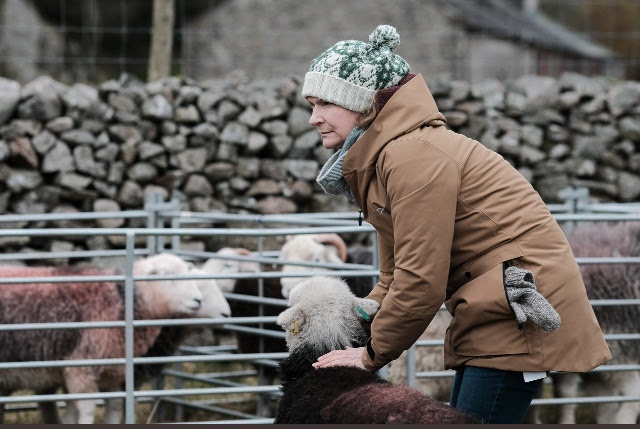
A new Environmental Land Management Scheme (ELMS) that will replace current farming schemes is being tested in the Lake District.
Farmers in the national park are testing the post-Brexit scheme to help shape any future approach to payments and public goods.
ELMS will see farmers paid for work that enhances the environment, such as tree or hedge planting, river management to mitigate flooding, or creating habitats.
Moving away from a system that pays farmers for the total amount of land farmed, the scheme will instead pay for ‘public goods’.
The Lake District National Park Authority's farming officer Andrea Meanwell has been working on the trial in the Keswick area, which will continue until October.
A second test and trial, led by John Bowman of Natural England, is also taking place in the Waver Wampool catchment in the north of the county near the Solway.
The tests are looking at what can be classed as public goods, from nature friendly ways of farming, flood management measures and rights of way for public access.
Farmers are also boosting ancient woodlands, native breeds of livestock, plants, soils including peat, cultural heritage and the historic environment.
Ms Meanwell said: “We are working with farmers to identify what they consider to be the public goods in their area and on their farms, and producing in depth plans to map this.
“It is an important project, and could have a positive impact on the future land management schemes. I am hoping to work with 10 farms in detail, between now and October.”
Keswick Hill farmer Will Cockbain, who is involved in the process, is currently analysing what does and doesn't constitute a public good.
He said: "It is vital the new scheme is practical, retains our rural skills base, delivers for the environment and landscape, recognises culture and heritage and contributes to economic sustainability for farm businesses.”
The Lake District ELMS Test is one of 44 tests around England, funded by Defra, to shape the future of farming.
The next stage is to launch national pilots of ELMS late next year, with the hope of a fully adopted ELMS to be rolled out in 2024.
